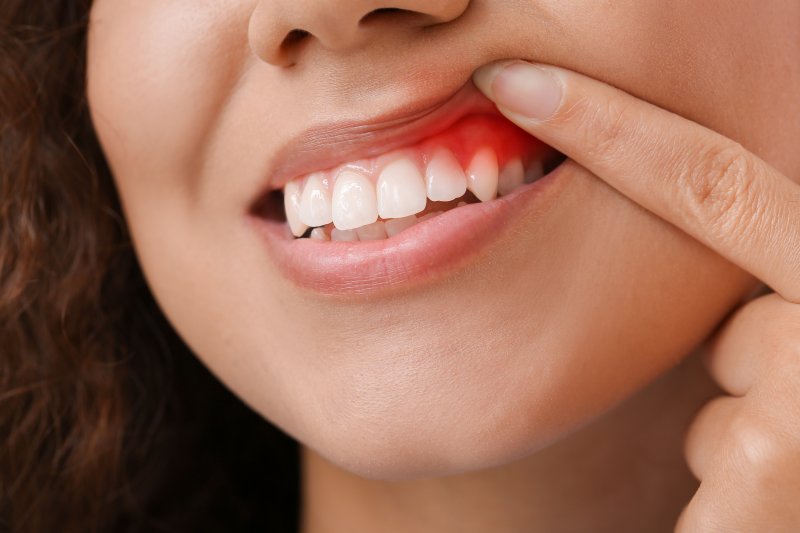
Gum disease in Worcester is a common problem among many adults. What you might not realize is that not all cases are the result of poor oral hygiene. In fact, some individuals often suffer from this condition because of its genetic influence. If your mother or father, grandparent, or even aunt or uncle battle with red, swollen, or bleeding gums, there is a greater chance you, too, may suffer the same fate. Read on to learn what researchers are saying about this connective link and what you can do to stop it.
Can Gum Disease Be Genetic?
It is believed that researchers have found a link between a person’s genetics and the likeliness that they will develop gum disease. When an individual’s family lacks beta defensin 1, which is used to combat bad bacteria and debris inside the mouth, the risk for gum disease, tooth decay, cavities, and tooth loss increases.
Much research still needs to be done, but aggressive periodontitis is often more common in families. However, an important factor to remember is that your personal choice to take care of or neglect your oral hygiene can make a significant difference in whether you develop gum disease or not.
How to Combat Gum Disease Even If It Runs In the Family
Even if the odds are stacked against you when it comes to gum disease in your family, there are steps you can take to minimize your risk and enjoy better oral health. These include:
- Maintaining a regular oral hygiene routine that includes brushing your teeth twice each day for two full minutes. You should also use fluoride toothpaste and a soft-bristled toothbrush. You’ll need to floss at least once a day before bed and rinse with an ADA-approved mouthwash that is designed to combat gum disease.
- Avoid smoking and using tobacco products, as these can make you more susceptible to gum disease.
- Eliminate bad habits that break down tooth enamel and cause gum recession (i.e., aggressive brushing, biting your fingernails, eating ice, and grinding your teeth), as you will become more vulnerable to gum disease over time.
- Incorporate healthy foods into your daily diet to ensure your gums receive the necessary nutrients to combat bad bacteria and remain healthy.
How Your Dentist Can Help
A few of the most effective ways your dentist can help include providing gum disease treatment in Worcester if you begin to show signs of gingivitis or periodontitis. Scaling and root planing are highly effective and less invasive than other, more complex procedures. Also, by continuing to see your dentist every six months for regular checkups and cleanings, you can minimize your risk for gum disease by having a hygienist remove hardened plaque and tartar from your teeth and gums.
Don’t assume gum disease is something you must live with the rest of your life. Even if it is common in your family, you can take the necessary steps to overcome the problem and embrace a healthier, vibrant smile.
About the Authors
At Handsman & Haddad Periodontics, P.C., we are specialists in periodontal care. Dr. David Handsman and Dr. Todd Jenny are trained experts who can help improve your soft oral tissues and offer preventive tips to avoid potential dangers that can come with worsening gum health. If you are living with the genetics of gum disease and want to learn how you can reduce your risk and improve your gum health, contact us at (508) 753-5444.

